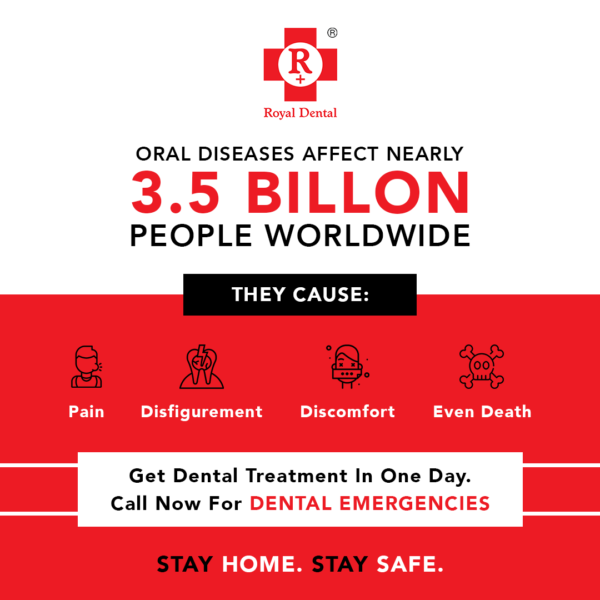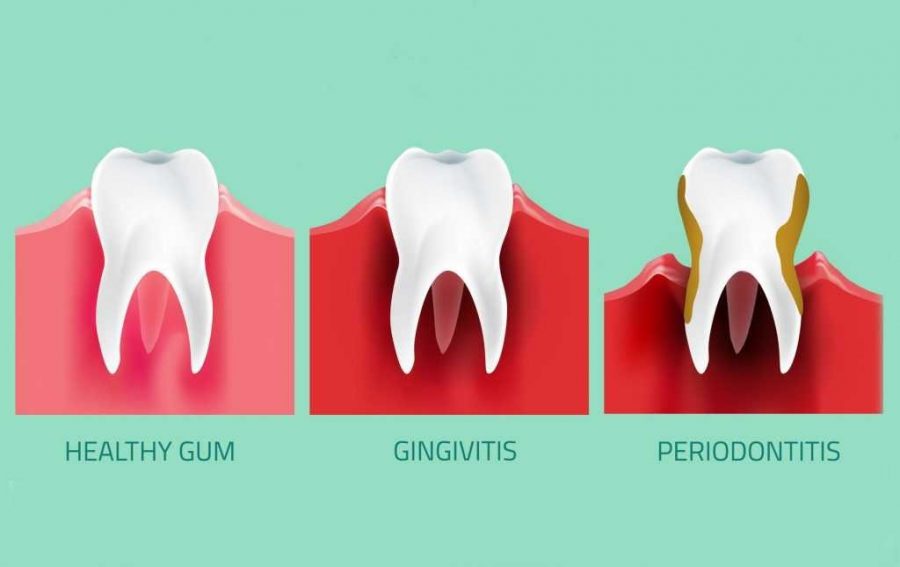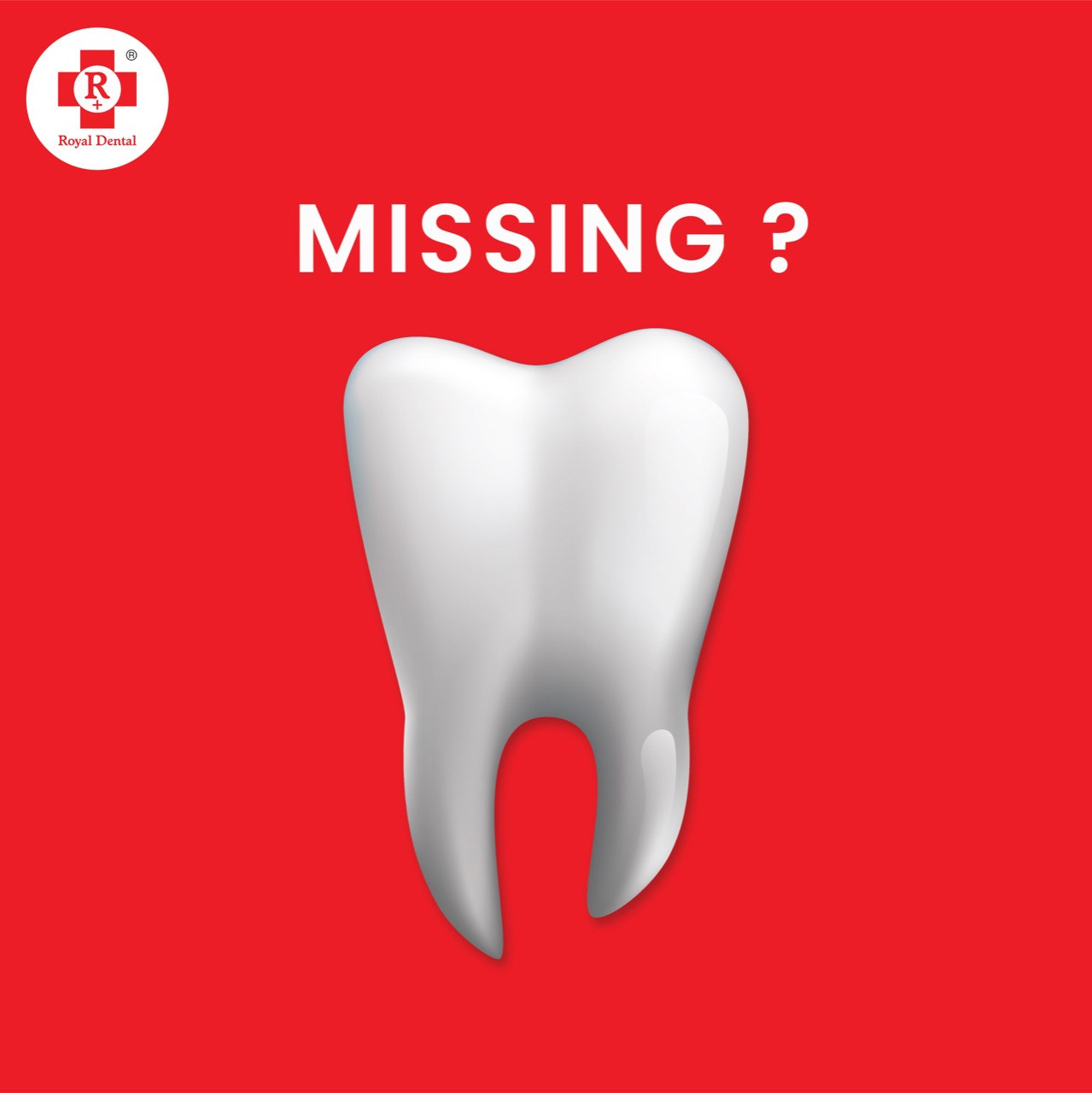Dry mouth can have a serious impact on your oral health. Not only can it make it difficult to swallow, speak, and taste food, but it can also lead to an increased risk of tooth decay and oral health problems. Fortunately, there are a few steps that you can take to reduce the effects of xerostomia on your dental health. In this article, we’ll discuss the causes of and the solutions that you can explore to prevent and manage oral health.
What is dry mouth?
A xerostomia is a condition in which you don’t produce enough saliva. Normally, saliva is secreted from the salivary glands inside your mouth and throughout your digestive tract. This helps break down food, neutralise acids, and prevent tooth decay. An insufficient amount of saliva, though, can lead to several oral health issues, including tooth decay, gum disease, and the inability to taste your food. Anyone can experience dry mouth, but it is more common in certain populations, including the elderly, pregnant women, people with certain medical conditions, and those who take certain medications.
Causes of Dry Mouth or Xerostomia
There are several possible causes of xerostomia. One potential cause is Sjogren’s syndrome, an autoimmune disease that can affect all of your body’s organs, including the salivary glands. Another possible cause is radiation therapy, which can damage the salivary glands and impair saliva production. Certain medications may also cause xerostomia.
Stress: Stress can cause you to salivate less often and produce less saliva.
Age: As we get older, our salivary glands produce less saliva. This can be particularly pronounced in people who are in their 70s, 80s, and 90s.
Dry climate: Dry climates, such as those found in desert areas, often cause people to produce less saliva.



Certain medications: Some medications, such as antidepressants, antihistamines, and even certain types of antibiotics, can cause dry mouth in some people.
Illnesses: Conditions like diabetes or Sjogren’s syndrome can cause dry mouth.
Diseases: Diseases of the liver, kidneys, or gastrointestinal tract can all cause dry mouth.
Effects of dry mouth on oral health
A dry mouth can cause many oral health issues, including tooth decay, gum disease, and a reduced ability to taste your food. A dry mouth can cause tooth decay because saliva contains fluoride, which helps to prevent tooth decay. When you have less saliva, you are at a higher risk of tooth decay, particularly in your molars and premolars.
A dry mouth can also cause your gums to be more susceptible to gum disease, as it reduces your ability to fight off harmful bacteria. Finally, a xerostomia can impair your sense of taste, which can make eating much less enjoyable.
Tooth decay: Tooth decay is caused by bacteria in the mouth, which is why you need to brush and floss regularly. If you have a dry mouth, your risk of tooth decay is higher.
Reduced ability to taste food: Your taste buds are responsible for picking up on the five basic tastes: salty, sweet, sour, bitter, and umami (savoury). A dry mouth can impair your sense of taste.
Swallowing difficulties: If you have a lot of tooth decay, you may have difficulty swallowing. This is particularly true if you have loose teeth.

Gum disease: When you have less saliva in your mouth, bacteria can build up and cause gum disease.
Solutions to reduce the effects of dry mouth on oral health
Fortunately, you can take a few steps to reduce the effects of dry mouth on your oral health. First, you can consider speaking to your doctor about any medications that may be causing your dry mouth. You can also take steps to increase the amount of saliva in your mouth.
Be mindful of your lifestyle: Certain lifestyle factors can contribute to dry mouth. If you are stressed or living in a dry climate, you may want to consider ways to reduce those stresses.
Try using a saliva stimulator: You can stimulate saliva production by chewing sugar-free gum, sipping water, or eating certain types of food.
Avoid certain foods and beverages: Some foods and beverages can cause you to produce less saliva. Avoiding them can help.
Use a fluoride rinse or toothpaste: Fluoride can help prevent tooth decay, and it can be found in a variety of dental products.
Clean your teeth and gums: Brushing and flossing regularly can help to prevent gum disease and other oral health issues.
Conclusion
Dry mouth is a condition that affects many people, particularly as they get older. This condition can cause several oral health issues, including tooth decay, gum disease, and a reduced ability to taste food. You can take steps to reduce the effects of dry mouth on your oral health by drinking plenty of water, eating a healthy diet, and using sugar-free gum or mints to stimulate saliva production. If you already have xerostomia you can also take steps to manage it. You can do this by staying hydrated, eating a healthy diet, and chewing sugar-free gum or mints.






